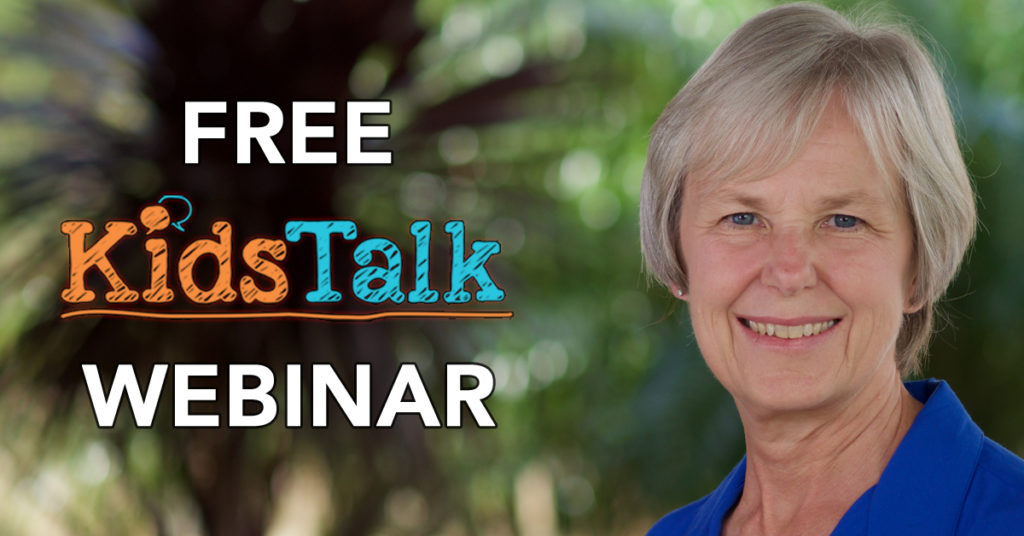
Recently I made a list of books that I felt had been pivotal in my growth as a leader.
Needless to say, Stephen Covey’s The Seven Habits Of Highly Effective People made that list.
In early 1989 my husband, Mark, came home one evening telling me he had been in a corporate training session that day with a very interesting fellow, and that I might want to read his book.
He handed me The Seven Habits Of Highly Effective People.
Even after all these years, I still find the book a bit dense, as it literally took me years to come to a level of understanding where I could teach it to others.
I invite you to join me as we explore The Seven Habits:
- Be Proactive
- Begin With the End In Mind
- Put First Things First
- Think Win/Win
- Seek First To Understand, Then To Be Understood
- Synergize
- Sharpen The Saw
Shall we begin?
Let’s first define what being proactive entails.
Proactive: (of a person, policy, or action) creating or controlling a situation by causing something to happen rather than responding to it after it has happened: be proactive in identifying and preventing potential problems.
Instead of reacting to a situation, we choose to act to create the type of situation we desire.
Our ability to choose lies in this space between stimulus and response.
That space of time between what happens to us and how we choose to act, also contains our freedom.
Reactive habits, actions made with no conscious thought, make us feel that we have no choice over what happens to us or how we respond to a situation.
When we realize that we have a choice, or choices, we know that we don’t have to react to our situation. We can choose how we will act. We can choose how we will respond.
This freedom to choose and knowing that we have a choice strengthens our abilities for self-awareness, imagination, independent will, and conscience.
Covey tells the story of a nurse in one of his sessions who understood that she could choose her response.
This nurse cared full-time for “the most miserable, ungrateful man you can possibly imagine…This man has made my life miserable.”
As she listened to Covey speak about the fact that no one can hurt you without your consent and that she had chosen to be miserable, she thought that Covey didn’t really understand her circumstances.
But she began to ask herself, “Do I have the power to choose my response?”
When she realized that she had chosen to be miserable, she also realized that she could choose to not be miserable.
“At that moment I stood up. I felt as though I was being let out of San Quentin. I wanted to yell to the whole world. ‘I am free! I am let out of prison. No longer am I going to be controlled by the treatment of some person.’” (p.73)
When we realize we have a choice, no matter our circumstances, when we are proactive, we begin to enlarge our circle of influence.
Being proactive we discover that thinking the problem is “out there” is a problem with our thinking…that the thought is the problem.
If only I had more money…more time…better employees…better customers…on and on…
When we are proactive we think instead:
I can be more resourceful. I can be more efficient. I can be more patient. I can be more creative. I can be more kind.
Reactive thinking is full of the phrases “If I only had…”.
Proactive thinking is about knowing you can choose to change, that you can be different.
Remember, you are in control of the choices you make between stimulus and response.
That’s being proactive. Habit 1 of highly effective people.
Download Your Be Proactive Guide Here



2 Responses to “Habit 1 | Be Proactive”